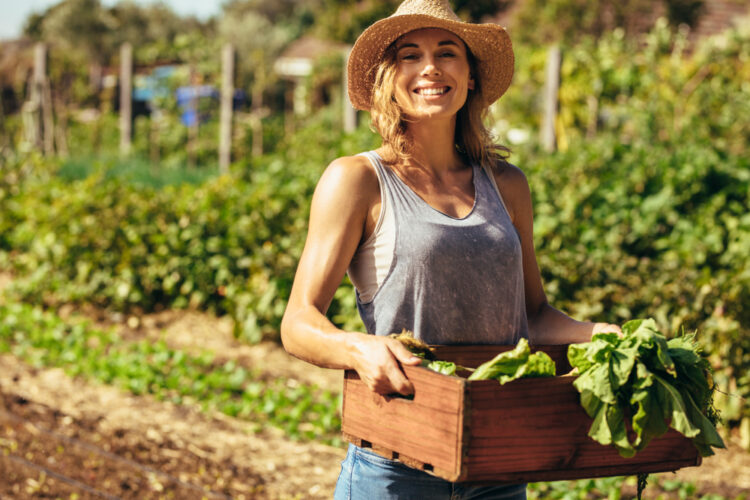
Are you looking forward to the journey of growing your veggies? Worry not! Whether you are a seasoned gardener or just a beginner, we want you to look at these 15 essential tips to help you grow a thriving and bountiful vegetable garden. So, let us get started.
Choose The Right Location

Growing any vegetable garden requires a sunny spot that is level and open. Avoid puddled land, as you do not want your plant roots to get waterlogged. Most vegetables need at least 6 hours of direct sunlight daily to grow and thrive. So always choose a place with well-drained soil.
Soil Quality Is Key

Choose fertile soil. If you do not have one, take time to make one. You can use organic matter, like compost, which will provide important nutrients to the soil and your plants. Fertile soil is very important so that you can grow healthy plant roots and enhance overall plant health. Hence, soil quality is the foundation of healthy and nutritious plants.
Start Small

Always begin with a smaller plot size so you do not feel overwhelmed. As you are just starting out, you will gain confidence by taking one step at a time. Hence, start small so that you can learn what needs to be done without biting off more than you can chew and expand later on.
Choose The Right Vegetables
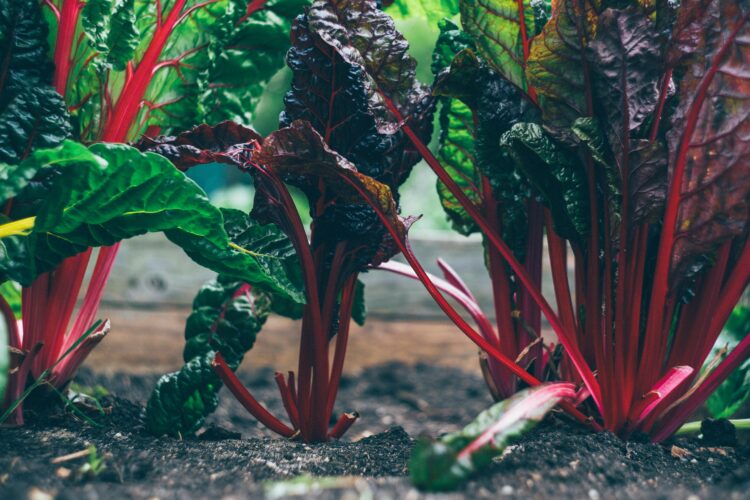
Always choose vegetables suitable for your region and climate. When planning your garden, start by considering factors like temperature, humidity, and frost dates. Some of the simple plants to start and grow are tomatoes, peppers, and zucchini. You can also try growing herbs that are simple and grow faster.
Understand Watering Needs

This is the most important thing you must do when growing a vegetable garden. Different vegetables have different water needs. So, be mindful of their watering needs and create a consistent watering system. Also, know that deep watering is an excellent choice as it encourages strong root growth while preventing shallow rooting.
Learn About Companion Planting

Some plants do well when placed near each other, while others inhibit the growth of the healthy crops around them. Healthy plants reduce the damage to the other crops near them by keeping potential pests away. For example, planting basil near tomatoes can deter certain pests and improve its flavor.
Pest Management

Look out for pests that could harm your vegetable garden. Regularly check your crops for signs of infestation and use biological control measures against pests wherever possible. One way you can do this is by implying the companion planning method mentioned above. This will keep an ecological balance in your farm.
Weeding Is Essential

Do not underrate the importance of weeding. It is one of the most important things to keep your healthy plants growing. Always uproot weeds to prevent competition for nutrients and space. A garden that is free of weed plants ensures that vegetables obtain maximum benefits from their fertility.
Patience Is A Virtue
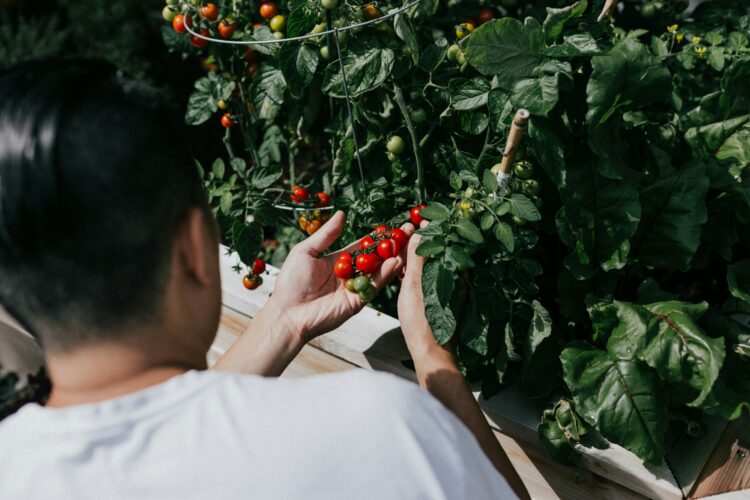
One trick to yielding the best of what you sow is to be patient. Vegetables take time to grow and mature. Avoid overwatering and do not harvest too early, as this would rob the food crops of taste and essential nutrients.
Mulching Magic

Mulching is very important for growing healthy and nutritious vegetables. It plays an important part in holding moisture in the soil, inhibiting weed growth, regulating soil temperature, preventing soil erosion, and maintaining pH levels within the vegetable garden. You can do this by adding mulch around each plant to improve crop yields and quality.
Know Your Frost Dates
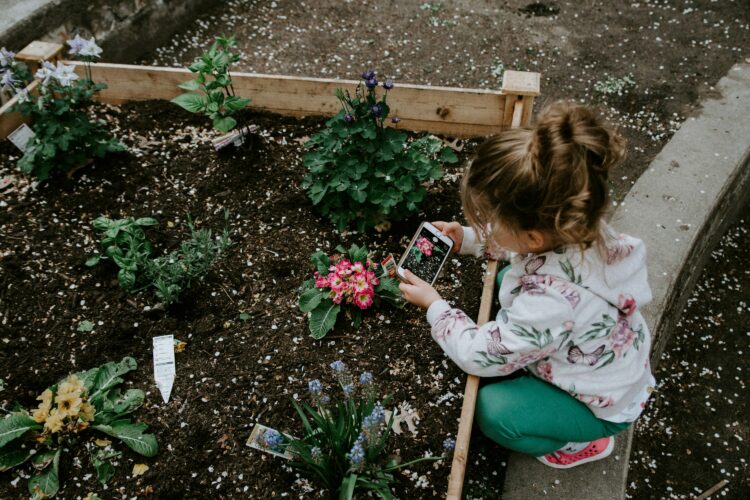
Always know the frost dates in your area. It is important so that you can plan the planting and harvesting times accordingly. You should know when frost first occurs in the spring and when it ends in the fall. And accordingly, avoid planting too late or too early, which may affect vegetable crop yields and hamper quality.
Embrace Succession Planting
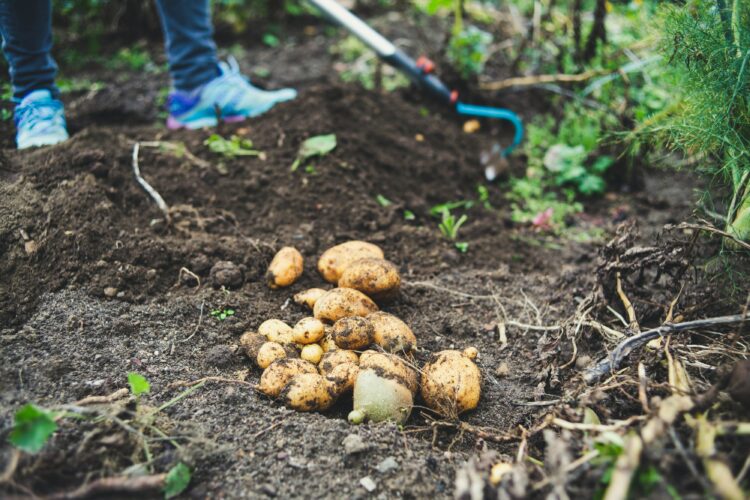
For more productive vegetable gardening, practice succession planting. This practice is highly sustainable and successfully implied to maintain the natural fertility of the soil. It means planting new crops as soon as you harvest the previous ones, guaranteeing that fresh vegetables will be available throughout the growing season.
Choose Quality Tools

Vegetable gardening is impossible without the right tools. Hence, before gardening, equip yourself with quality gardening tools such as a strong hoe, rake, and trowel. They make gardening a much easier and more efficient process. With the right tools, you will not only grow vegetables but also keep them in a thriving state.
Keep A Gardening Journal

Keep a gardening journal. It is one of the best ways to record the important dates of your gardening practices. You can record the dates when you plant or harvest or even the weather conditions and crop yields. This will help you make better choices next season and address any issues that may arise during gardening.
Enjoy The Journey
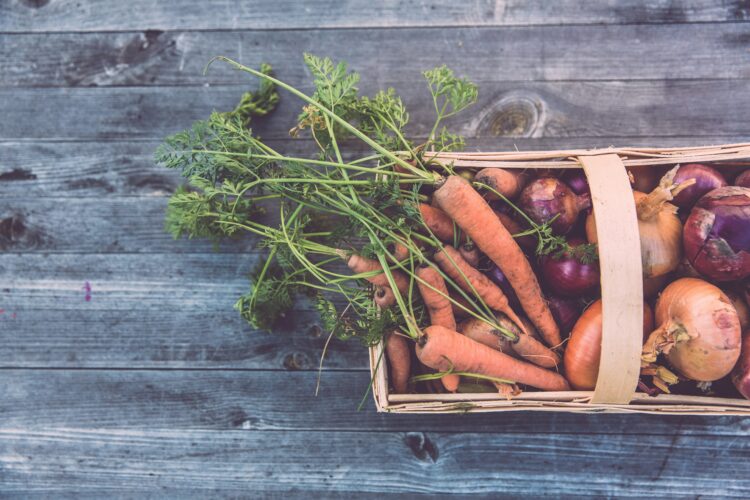
The last one is our favorite. In this journey, do not forget to enjoy the experience of gardening itself. Growing your vegetables is a satisfying and rewarding habit. Take time to appreciate the beauty of nature, watch your plants grow, and taste the fruits of your labor. Happy gardening!

Comments
Loading…